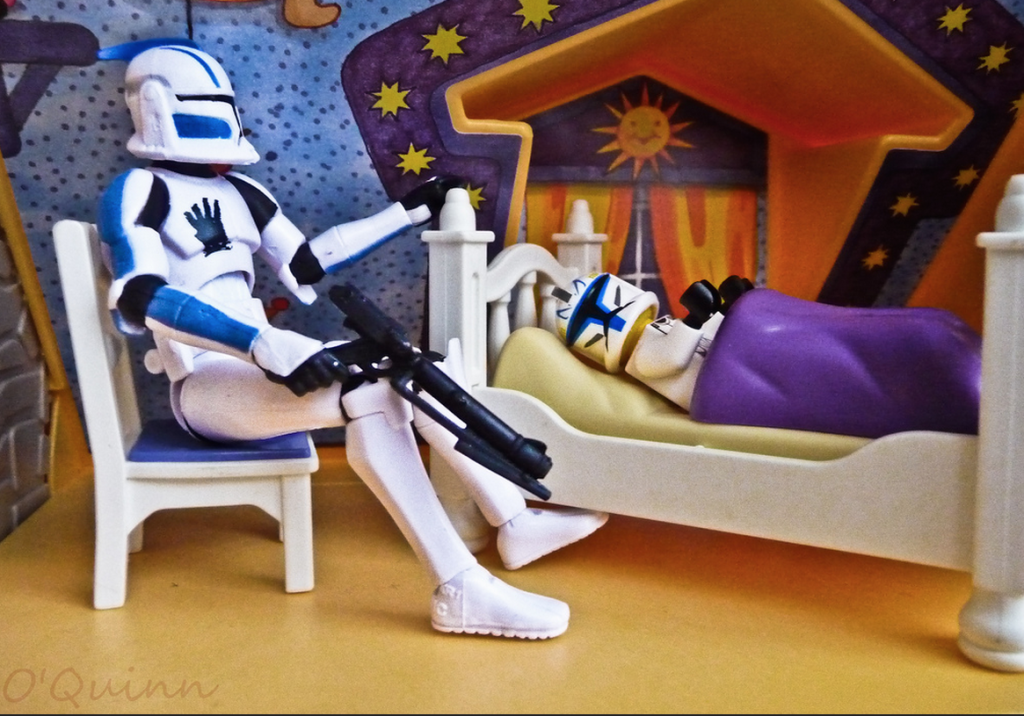FDA Approves First “Biosimilar” Drug. Could Drive Down Cost Of Most Expensive Medications
But biotech drugs are sometimes so complex as to make exact replication for generic versions too expensive or difficult.
And so the 2010 Affordable Care Act allows for drugmakers to create biosimilar medications that will be if they can demonstrate they are highly similar to an already-approved “reference” product, and that the new drug “has no clinically meaningful differences in terms of safety and effectiveness from the reference product.”
The first FDA-approved biosimilar is Zarxio from New Jersey-based Sandoz, which the agency says is effectively the same as Amgen’s Neupogen (filgrastim), a drug given to chemotherapy patients to increase white blood cell counts. Zarxio will be approved for all the same therapeutic uses as Neupogen, and is in fact only approved for the indications and conditions of the older drug.
While the FDA says the two drugs are biosimilar, it does not deem them “interchangeable,” meaning patients currently on Neupogen can’t just switch over to Zarxio unless the original prescribing physician approves the change.
And because the two drugs are not entirely identical, Zarxio can’t yet share the filgrastim nonproprietary name of Neupogen. For now, the FDA is assigning the placeholder name of “filgrastim-sndz,” until the issue of nonproprietary names for biosimilars is resolved.
The ultimate hope for biosimilar drugs is that, much like the availability of generic drugs give consumers and physicians lower-cost treatment options, biosimilar drugs will result in more affordable biotech medications.
“Biosimilars will provide access to important therapies for patients who need them,” said FDA Commissioner Margaret A. Hamburg in a statement. “Patients and the health care community can be confident that biosimilar products approved by the FDA meet the agency’s rigorous safety, efficacy and quality standards.”
Prescription benefits giant Express Scripts believes that the introduction of just Zarxio could save consumers and the healthcare system $5.7 billion over the next decade. If the 11 leading candidates for biosimilar status are also approved, the company projects a total savings of $250 billion in ten years.
Among the potential big-ticket drugs facing competition from biosimilars is the world’s best-selling prescription drug, Humira (adalimumab), which brought in more than $12 billion worldwide for AbbVie last year.
Want more consumer news? Visit our parent organization, Consumer Reports, for the latest on scams, recalls, and other consumer issues.


